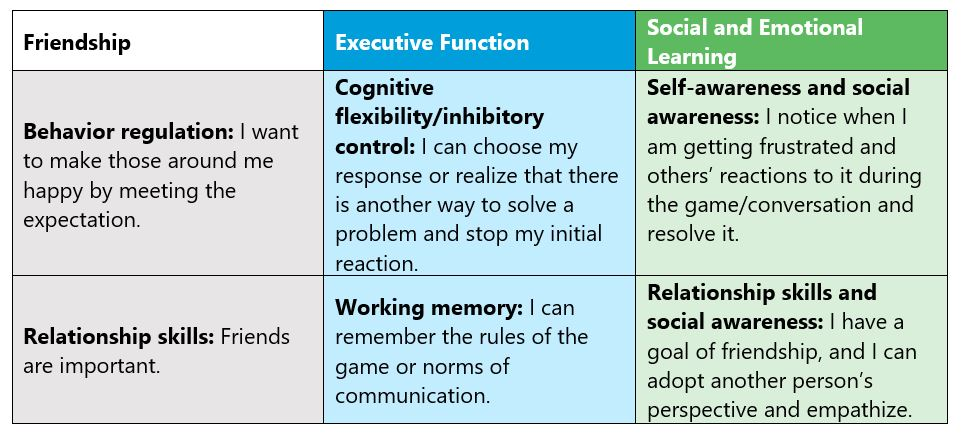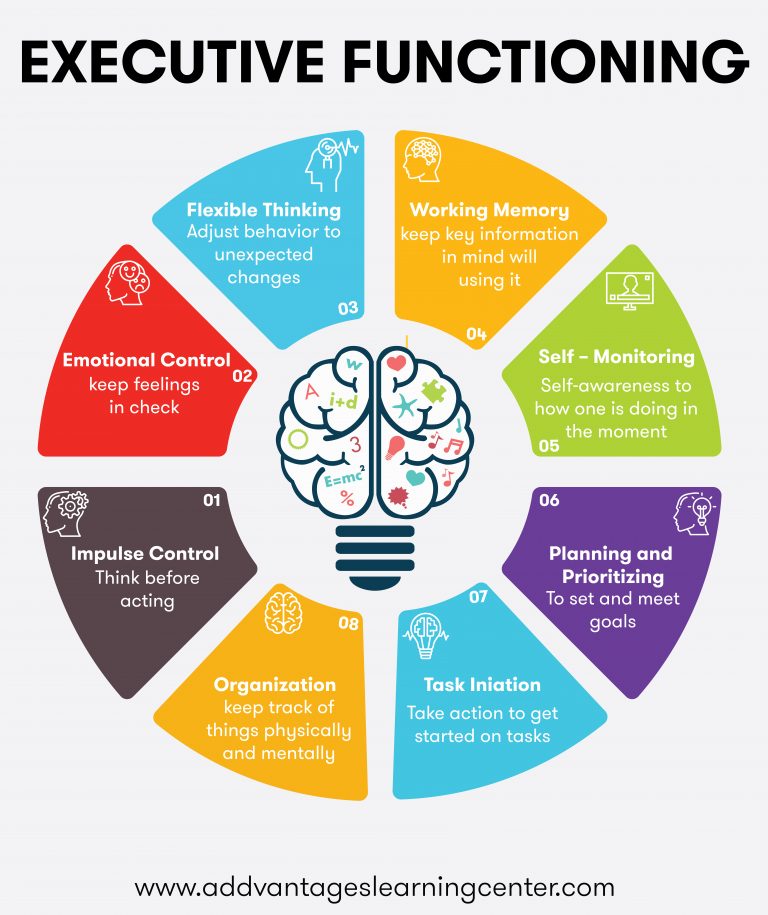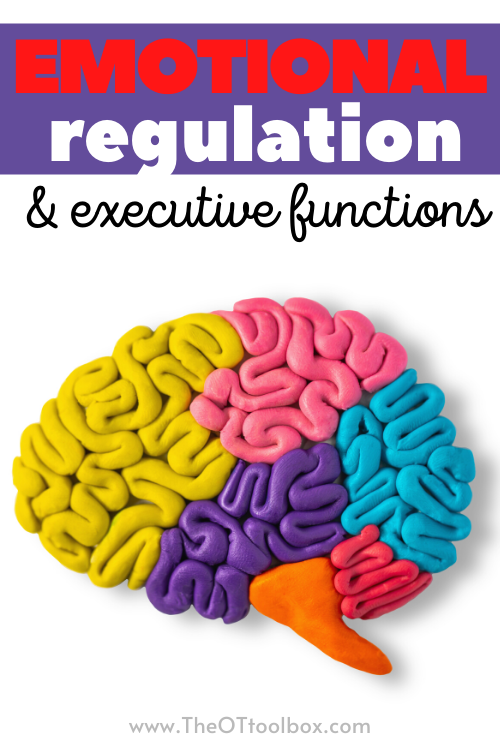Executive Functioning Self Regulation
Executive functioning and self-regulation are crucial skills that play a significant role in our daily lives. These skills enable us to plan, organize, prioritize, stay focused, manage our time, and regulate our emotions and behavior effectively. They are essential for success in both personal and professional spheres. In this article, we will explore the importance of executive functioning and self-regulation, how they impact our lives, and provide strategies to enhance these skills.
1. Understanding Executive Functioning
Executive functioning refers to a set of cognitive processes that enable individuals to plan, organize, and complete tasks effectively. It involves various skills, including:
- Impulse control: The ability to resist immediate impulses and make thoughtful decisions.
- Emotional regulation: The skill to manage and regulate emotions appropriately.
- Flexible thinking: The capacity to adapt to changes, think creatively, and solve problems.
- Working memory: The ability to hold information in mind while performing tasks.
- Planning and organizing: The skill to create a plan, set goals, and execute them.
- Time management: The capacity to manage time effectively and prioritize tasks.
Developing and strengthening these executive functioning skills can significantly enhance our productivity, decision-making abilities, and overall well-being.
2. Strategies to Enhance Executive Functioning
Fortunately, there are several strategies and techniques that can help improve executive functioning skills. Here are a few:
2.1 Create a Structured Routine
A structured routine provides a framework for organizing and planning daily activities. By following a consistent schedule, you can reduce decision-making pressure and create a sense of predictability. Ensure that your routine includes time for important tasks, breaks, and relaxation.

Image Source: McLean Speech and Language
Building a structured routine can help individuals with executive functioning difficulties manage their time effectively and achieve their goals.
2.2 Break Tasks into Manageable Steps
Complex tasks can feel overwhelming, leading to procrastination and decreased productivity. Breaking tasks into smaller, manageable steps makes them more approachable and reduces stress. This strategy also allows for a sense of accomplishment after each completed step, which can motivate further progress.

Image Source: Addvantages Learning Center | South Jersey
By breaking tasks into smaller steps, individuals can improve their ability to plan and organize their work effectively, thus enhancing their executive functioning skills.
2.3 Practice Mindfulness and Relaxation Techniques
Mindfulness and relaxation techniques can be beneficial in improving executive functioning and self-regulation skills. Engaging in activities like meditation, deep breathing exercises, or yoga helps reduce stress, increase self-awareness, and enhance focus. These practices improve impulse control and emotional regulation, leading to better decision-making and increased productivity.
3. The Impact of Executive Functioning and Self-Regulation
Developing strong executive functioning and self-regulation skills has a profound impact on various aspects of our lives:
3.1 Academic Success
Strong executive functioning skills are closely associated with academic success. Students with well-developed executive functioning skills demonstrate better organization, time management, and task completion abilities. These skills contribute to improved concentration, effective studying, and successful goal attainment.
3.2 Professional Growth
Executive functioning skills are highly sought after in the professional world. They enable individuals to manage multiple tasks efficiently, prioritize their work, and make well-informed decisions. Moreover, individuals with strong self-regulation skills are better equipped to handle workplace stress, adapt to changes, and work collaboratively with others.
3.3 Personal Well-being
Strong executive functioning skills have a positive impact on personal well-being. Individuals with well-developed self-regulation skills are more likely to experience reduced stress, improved mental health, and enhanced overall life satisfaction. These skills allow individuals to better manage their emotions, cope with challenges, and maintain healthy relationships.
4. Frequently Asked Questions (FAQ)
Here are some commonly asked questions related to executive functioning and self-regulation:
4.1 What is the difference between executive functioning and self-regulation?
While executive functioning refers to a set of cognitive processes involved in planning, organizing, and decision-making, self-regulation encompasses the ability to manage emotions, control impulses, and regulate behavior effectively.
4.2 Can executive functioning skills be improved?
Yes, executive functioning skills can be improved with practice, strategies, and techniques. By incorporating specific exercises and adopting helpful strategies, individuals can enhance their executive functioning abilities and self-regulation skills.
4.3 How do executive functioning skills impact children?
Executive functioning skills play a crucial role in children's development. They contribute to academic success, social interactions, and emotional well-being. Children with well-developed executive functioning skills tend to exhibit improved behavior, self-control, and decision-making abilities.
In conclusion, executive functioning and self-regulation are vital skills that greatly influence our daily lives. By understanding the importance of these skills and implementing effective strategies, we can enhance our productivity, decision-making abilities, and overall well-being. Developing strong executive functioning skills is a continuous process that requires practice and consistency. With patience and perseverance, individuals can cultivate these skills and unlock their full potential.
Pin On Education-classroom Management
 Image Source : www.pinterest.com
Image Source : www.pinterest.com Emotional Regulation And Executive Function - The OT Toolbox (2022)
 Image Source : tonydavilio.com
Image Source : tonydavilio.com Executive Functioning - Addvantages Learning Center | South Jersey
 Image Source : addvantageslearningcenter.com
Image Source : addvantageslearningcenter.com executive functioning deficits cognitive teenage functions mental fasd tasks checklists task processes nesca
Stop And Think - The OT Toolbox In 2021 | Social Emotional Skills
 Image Source : www.pinterest.com
Image Source : www.pinterest.com skills theottoolbox impulse functioning act toolbox
Executive Functioning | Executive Functioning, Organizing Time
 Image Source : www.pinterest.com
Image Source : www.pinterest.com functioning language
Emotional Regulation And Executive Function - The OT Toolbox
 Image Source : www.theottoolbox.com
Image Source : www.theottoolbox.com emotional regulation executive function functioning self toolbox
Self Regulation ~ Executive Functioning Is This A Concern For Someone
 Image Source : www.pinterest.ca
Image Source : www.pinterest.ca Executive Functioning And Self-Regulation – McLean Speech And Language
 Image Source : mcleanspeech.com
Image Source : mcleanspeech.com Executive functioning deficits cognitive teenage functions mental fasd tasks checklists task processes nesca. Emotional regulation and executive function. Emotional regulation executive function functioning self toolbox. Executive functioning. Functioning language